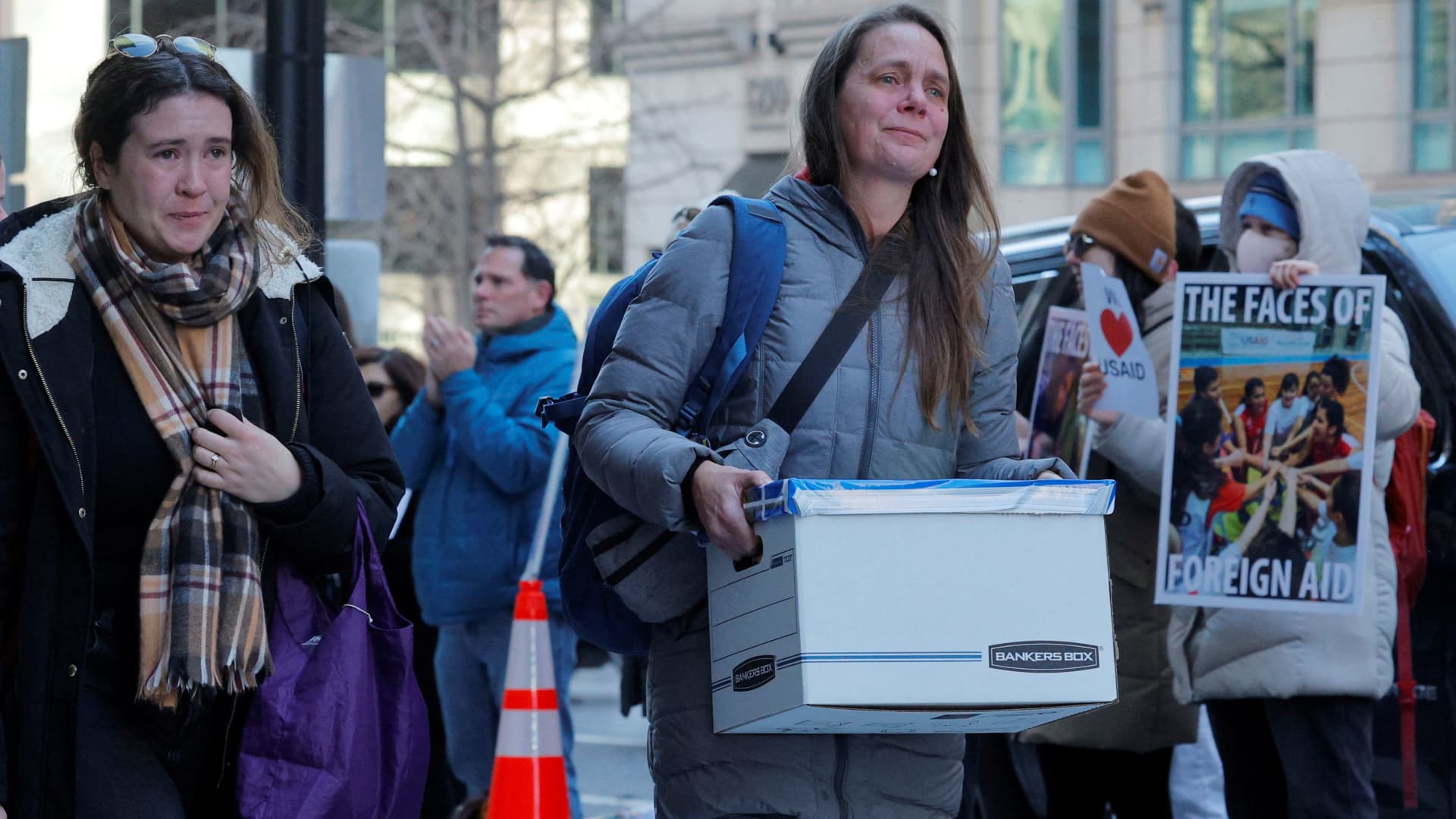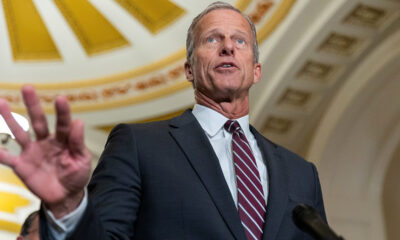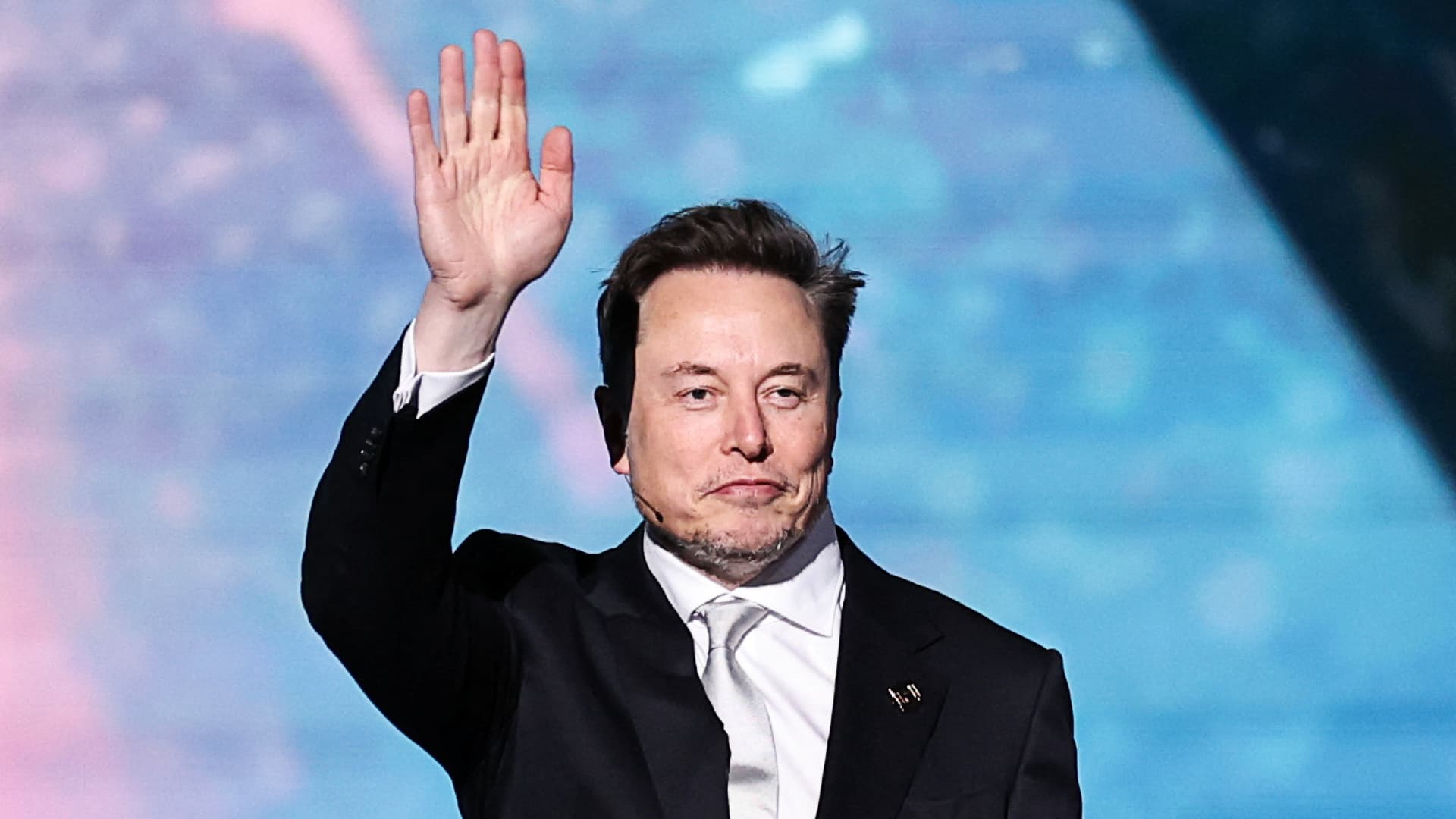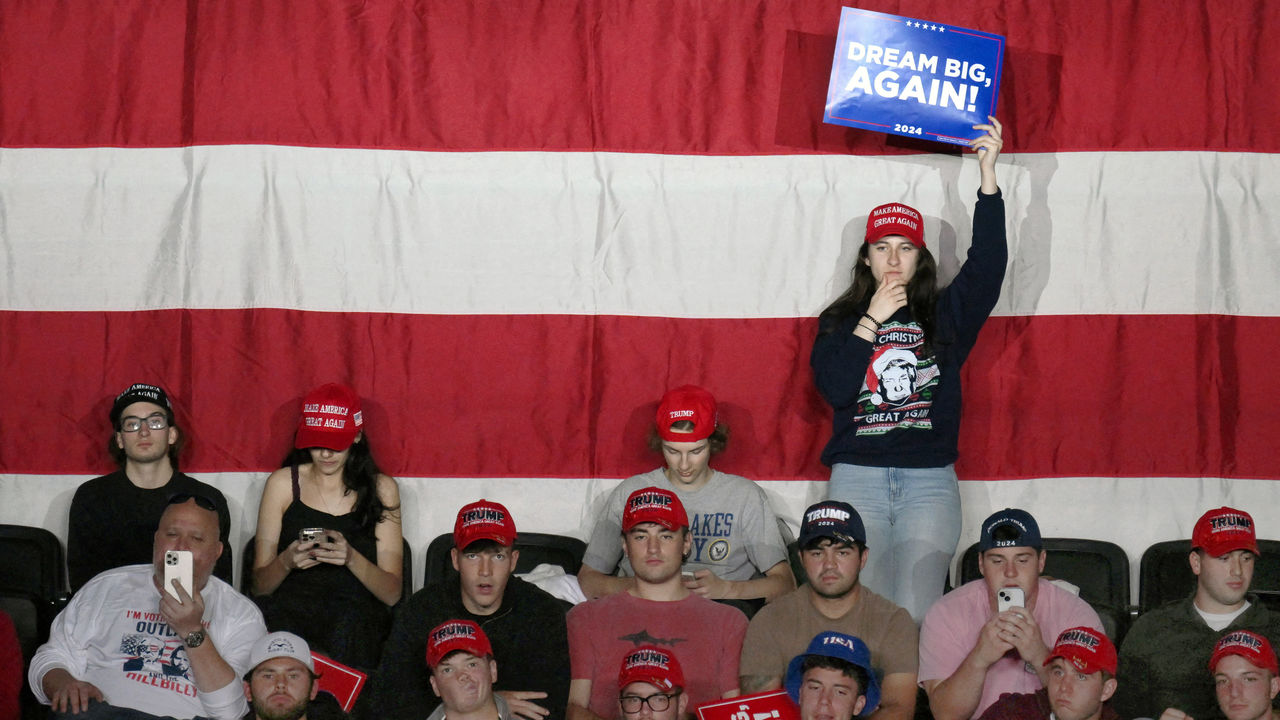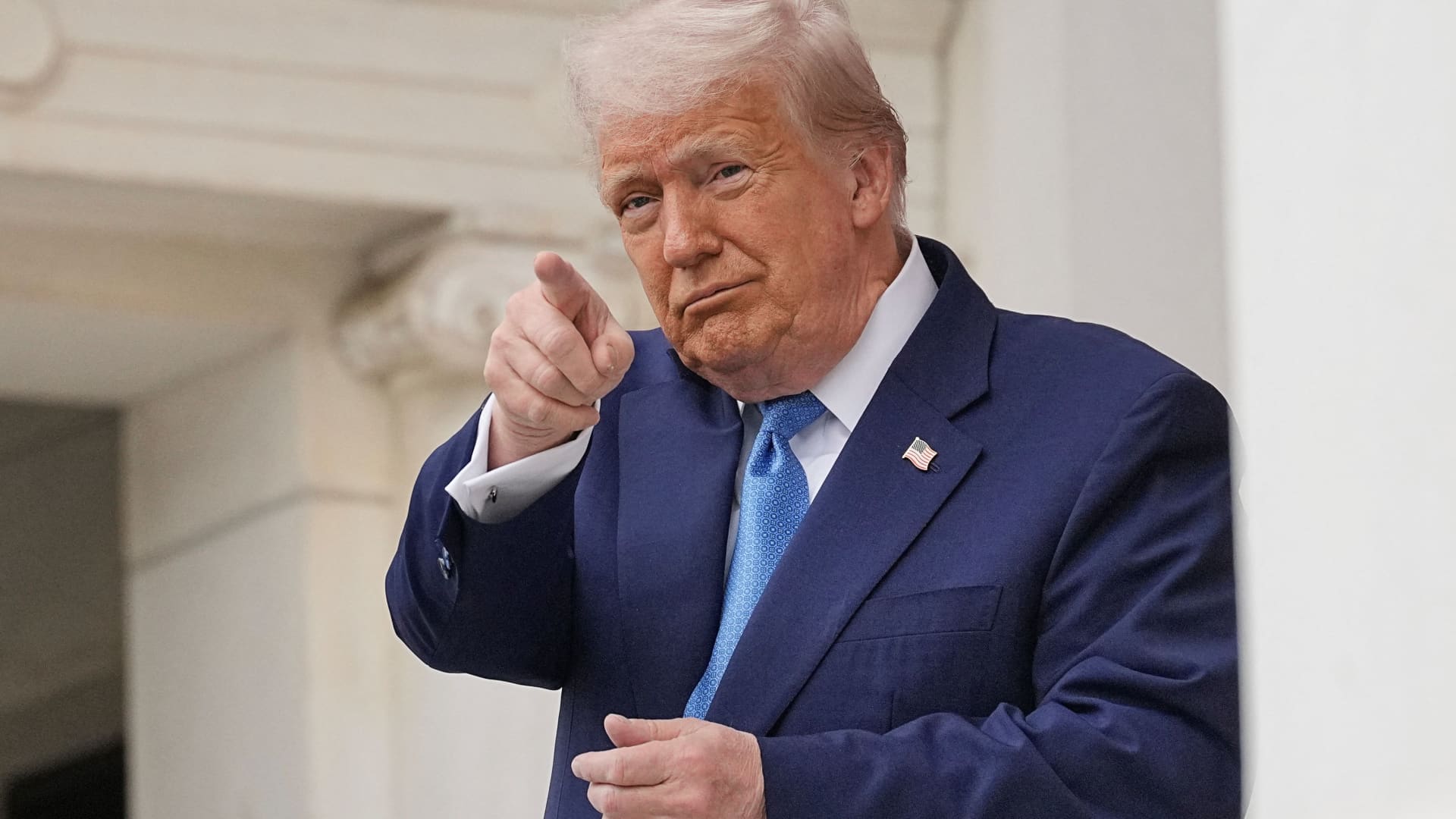President Donald Trump’s efforts to pare down the federal government workforce left a mark in the labor market in February, with announced job cuts at their highest level in nearly five years, outplacement firm Challenger, Gray & Christmas reported Thursday.
The firm reported that U.S. employers announced 172,017 layoffs for the month, up 245% from January and the highest monthly count since July 2020 during the heightened uncertainty from the Covid pandemic. In addition, it marked the highest total for the month of February since 2009 during the global financial crisis.
More than one-third of the total came from billionaire entrepreneur Elon Musk’s efforts, with Trump’s blessing, to reduce the federal headcount. Challenger put the total of announced federal job cuts at 62,242, spanning 17 agencies.
“With the impact of the Department of Government Efficiency [DOGE] actions, as well as canceled Government contracts, fear of trade wars, and bankruptcies, job cuts soared in February,” Andrew Challenger, the firm’s workplace expert, said in the release.
January’s planned reductions brought the total through the first two months of the year to 221,812, also the highest for the period since 2009 and up 33% from the same time in 2024.
The report comes amid heightened concern about the state of the labor market and the economy in general as Trump’s plans for tariffs, slashing the size of government and mass deportations and stringent immigration restrictions take shape.
There has been a slew of mixed indicators about where things are heading, with consumer surveys showing concern over inflation and layoffs while other data shows economic strength continuing. Payrolls processing firm ADP reported Friday that private sector hiring grew by just 77,000 in February.
According to the Challenger report, it’s not just government cutting back.
Retail saw 38,956 cuts for the month as companies such as Macy’s and Forever 21 announced sharp staff reductions. The sector’s cuts in 2025 are up nearly six-fold from where they were in 2024. Technology firms also listed another 14,554 in reductions, though the sector’s cuts are actually lower from a year ago.
On the upside, firms announced plans in February to hire a total of 34,580 new workers, putting the year to date total up 159% from a year ago.
Initial unemployment claims have perked up in recent weeks, particularly in Washington, D.C., with its large share of government workers.

 Accounting6 days ago
Accounting6 days ago
 Economics1 week ago
Economics1 week ago
 Personal Finance6 days ago
Personal Finance6 days ago
 Economics1 week ago
Economics1 week ago
 Accounting6 days ago
Accounting6 days ago
 Economics1 week ago
Economics1 week ago
 Finance5 days ago
Finance5 days ago
 Economics6 days ago
Economics6 days ago
